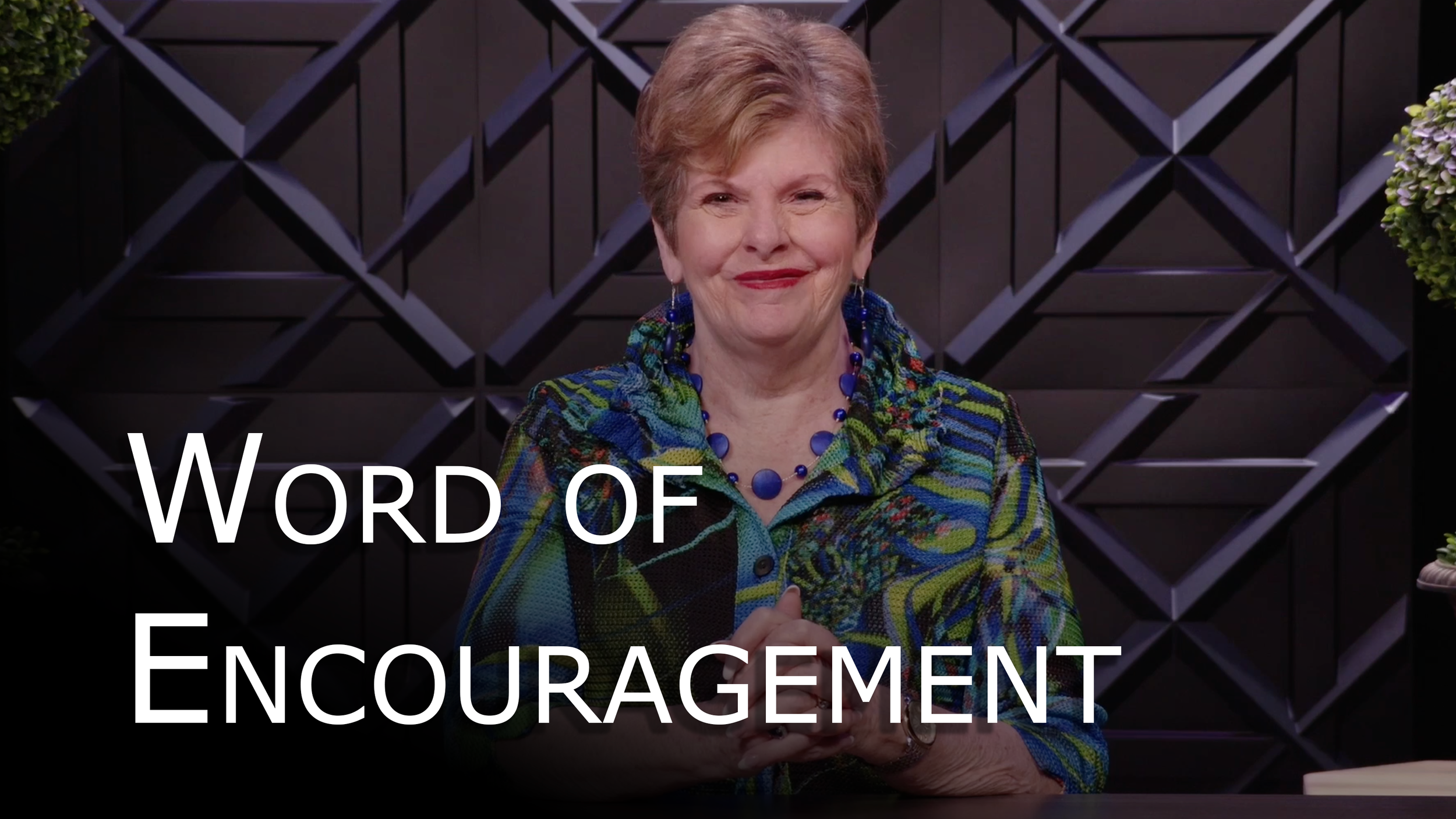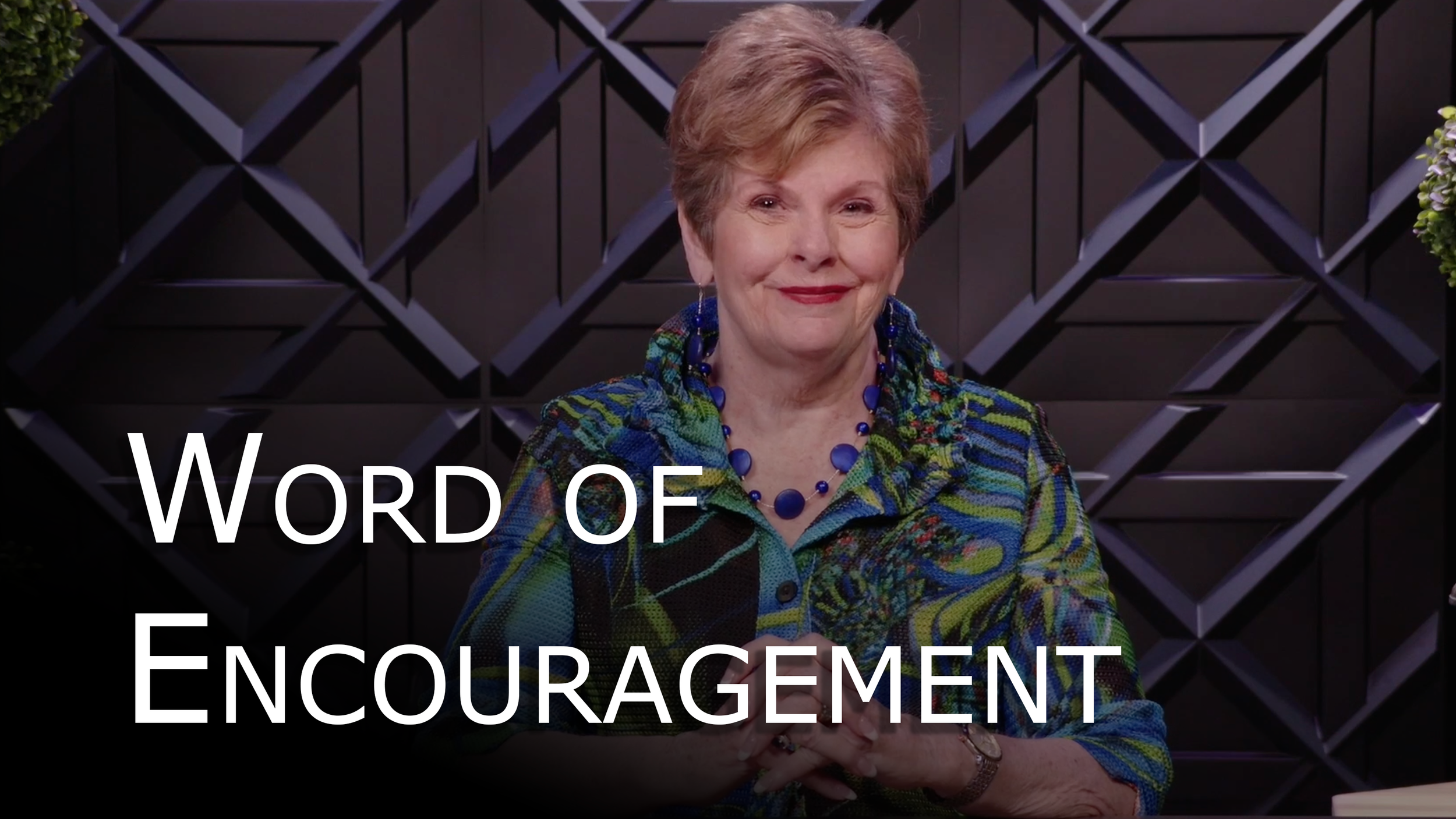
In part one of this article, we considered that the gift of prophecy is something that has to be cultivated deliberately and intentionally if we want to see it at work in our lives. This gift is not something reserved for an elite or super-spiritual few; it is available to every believer who will pay attention to the nudges of the Holy Spirit around them.
Here we will begin to dive into some very practical steps and tips for growing in this gift. The points below are not by any means meant to be exhaustive, but rather they serve as a starting place. And remember—humility is a vital component to all of this.
1. Keep your eyes open.
Pay attention to what you see, whether it’s during the prayer time at a church service or just while you’re out and about. Often the first step to hearing what God is wanting to say to someone is simply noticing them. Sometimes a particular individual will just stand out to you. Sometimes you will see God is already at work in their heart, or you might sense them wrestling with emotion.
One of the first times I experienced this outside of a church gathering, I was in a cafe, studying. Every time I looked up, there was a woman several tables over who caught my attention. She was reading and journaling, but it seemed to me there was a heaviness hovering around her.
It took me a bit to catch on, but I finally asked in my spirit, Okay, God, why am I noticing this? What do You want me to do?
Immediately, an encouraging Scripture came to my mind, and I felt the Holy Spirit whisper that He wanted her to know He hadn’t forgotten her. I wrote the verse down and then got up, my heart pounding with uncertainty.
I walked over to her table and said, “Excuse me. This might sound strange, but I was sitting over there and felt like I was supposed to give you this Bible verse. And I felt like God told me to tell you He hasn’t forgotten you.”
She took the paper I offered and read it, then looked up at me, her eyes filling with tears as she said, “Oh my goodness, this is exactly what I needed. Thank you.”
If your attention is drawn to someone, ask God why. There are times it won’t be for any reason at all, but you won’t know if you don’t ask!
2. Don’t dismiss “random” or “partial” thoughts.
God knows exactly what people’s hearts need. He might give you a complete word for someone, but He might just give you a phrase, a verse, a song or some other unusual piece. It doesn’t have to make perfect sense to you in order to be exactly what someone needs to hear.
Worship leader Matt Redman shares a story about a time he was invited to lead worship for a small gathering. At one point, he absolutely could not think of any other song except a Michael Jackson song that was popular at the time, “You Are Not Alone.” He kept thinking, “There’s no way I can sing a Michael Jackson song in a church service!”
But he couldn’t get it out of his head, so he finally began to play and sing the chorus, which begins with the words, “You are not alone, I am here with you.”
When the service was over, a young woman came up to him with tears in her eyes. She shared that on the drive over, she’d been pouring her broken heart out to the Lord and cried, “God, I just really need to know that I’m not alone.”
That seemingly strange and random moment was actually God orchestrating the hope someone desperately needed.
3. Pay attention to sudden shifts in mood or atmosphere in a room.
A friend of mine once shared with me that for many years he thought something was wrong with him. He would walk into a room and suddenly feel inexplicably depressed or frustrated or angry. Or he’d be talking to someone and suddenly feel chaotic or confused. He was a musician and artist, so part of him assumed it was just the stereotypical melancholy associated with being a creative.
But then a more seasoned believer suggested to him that perhaps it was actually his prophetic gift at work—his spirit picking up things that were going on with other people or behind the scenes in a room. He started paying attention and asking the Holy Spirit for insight when these shifts would come, and God was able to develop this gift in him.
As a worship leader, his sensitivity to things he senses in the spiritual realm allows him to be instrumental in leading people to powerful encounters with God where a lot of healing and breakthrough occurs.
4. You don’t need to say everything you hear or know.
This is perhaps one of the trickiest aspects of learning to function in the prophetic. As God shows you things and you become more and more confident of your ability to hear Him, it is tempting to think everything you hear is a word that needs to be delivered.
But God confides in those who fear Him (see Psalm 25:14). And sometimes what He reveals is actually for you to pray over. Other times, He might be offering insight into a problem, or wanting you to wait for the right timing.
This is where prayer and discernment become even more important. It’s ok to take some time and make certain God wants you to deliver the word. You might also seek advice from a trusted leader with a proven prophetic gift.
I always remember one mentor telling me, “Don’t prophesy the gender of people’s babies, and don’t prophesy engagements or weddings!” Even if you are certain you know, it is best to be cautious with things so intensely personal and near to people’s hearts.
Which leads to another very important caution—it is best to not publicly call out someone’s sin, mistakes or moral struggles. If the Holy Spirit shows you something like this, always take time to pray over it. Sin is best addressed in the contexts of grace and relationship. If you do not have these things, then consider this insight a matter for prayer.
5. Deliver words with gentleness and grace.
In the story I shared at the beginning about the woman in the cafe, notice I didn’t walk up to her and say “Thus saith the Lord…” Instead, I said, “I felt like God wanted me to tell you…”
In a few decades, when you’re a seasoned prophet sought for the word of the Lord (like Cindy Jacobs!), this tip might not be as necessary, although gentleness and grace are never a bad idea! But especially as you are learning and growing in this gift, opening with words like “I think God is saying” or “I felt the Lord wanted me to tell you” really helps smooth the way for the receiver to be open to the message you have to deliver. Additionally, it takes some of the pressure off in case you don’t get it exactly right.
Stepping Out
Learning to walk in the prophetic is an adventure—one you can experience for the rest of your life. You will always be growing, learning, and sharpening your discernment. Most importantly, you will continually be deepening your relationship with God, which is ultimately what this is about. He wants to be close to you, He wants to confide in you, and He wants to reveal Himself to others through you.
Begin to pay attention and to step out in faith as He shows you things. As one pastor I worked under often said, “This is the fun stuff!” And it most certainly is. So open your heart, and let the fun begin!
Recent Posts








